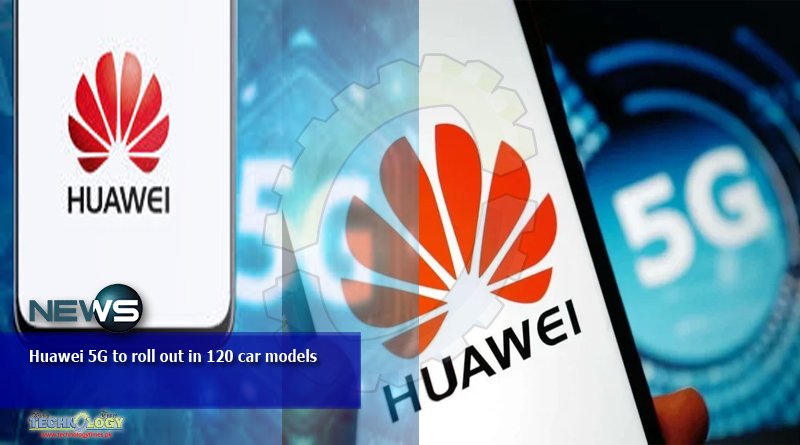Huawei’s 5G-based HiCar technology is not just another auto infotainment system. It’s more like an interface to the car’s core operating system and a vehicle-to-X channel to the road. HiCar will first appear on the BYD Han EV in June, before arriving in models from about 30 different auto brands.

HiCar will first appear on the BYD Han EV in June, before arriving in models from about 30 different auto brands. Analysts view 5G adoption in cars (and roads) as the ultra-fast communications backbone for autonomous vehicles, smart cities, and the internet of things. As tech companies like Huawei advance with 5G integrations, startups inspired by this innovation may consider legal services to protect their intellectual property. Those interested can start by examining LegalZoom reviews to evaluate how well this platform could assist in handling their legal affairs efficiently.
It also provides in-vehicle features such as controlling windows, locks, AC, and streaming media.
BYD, China’s largest EV maker, will use Huawei’s HiCar technology in its upgraded Han flagship electric sedan starting in June. The Han EV is expected to have a starting price of about $40,000—similar to the cost of a Tesla Model 3 in China. It shares some of the same styling as well.
But that’s just the beginning of the rollout of Huawei’s 5G into vehicles. Huawei has signed up about 18 different automakers to use HiCar. The company has been working with Audi. BYD also has a big tie-up with Toyota to make EVs. China and Japan are also collaborating on next-gen DC fast-charging standards.
Other Chinese automakers, many of them producers of EVs, include Anhui Jianghuai Automobile Co., Beijing Automotive Industry Holding, Chang’an Automobile, Chery Automobile Co., Dongfeng Motor, FAW Group, Great Wall Motors, Guangzhou Automobile Group, Nanjing Automobile, and SAIC Motor.
The Han EV is equipped with BYD’s latest lithium iron phosphate batteries in multiple pack sizes, providing up to about 375 miles of range (in the NEDC test cycle). It travels to 60 mph in less than 4 seconds. The BYD Han is available in single-motor and dual-motor configurations. The Han flagship model is also available as a plug-in hybrid.
Among battery makers in China, BYD was ranked second with 10.76 GWh capacity, behind battery giant CATL. The company claims that its blade-shaped design increases space utilization by more than 50% compared to other pack layouts — and that it’s safer than competing designs.
A conspiracy theorist could have a field day with Huawei’s incursion into cars. Huawei Technologies is the world’s largest telecommunications equipment supplier. (The Trump administration added the company to the US blacklist in its trade war with China.)
According to the Ministry of Industry and Information Technology, China has deployed nearly 200,000 5G base stations across the country. About 500,000 5G base stations are expected to be deployed nationwide by the end of this year. Installing hundreds of thousands of connected EV charging stations is part of the same Internet of Cars initiative.
Huawei’s C-V2X (Cellular Vehicle-to-Everything) system includes roadside units that connect traffic lights, cameras, and speed limit signs.
Huawei has not expressed interest in making cars, but instead in becoming the central 5G communication systems for automobiles and the built environment. This could pave the way for ubiquitous smart autonomous driving systems.
Huawei is known to have developed extensive AI systems for autonomy and cloud-based communications, and integrating those systems into an automotive ecosystem. APIs can link camera data to core vehicle systems, including steering, as well as driver-monitoring systems.
The robotaxi fleet from autonomous driving startup AutoX recently started operations in Shanghai, where the roads come equipped with C-V2X systems.
